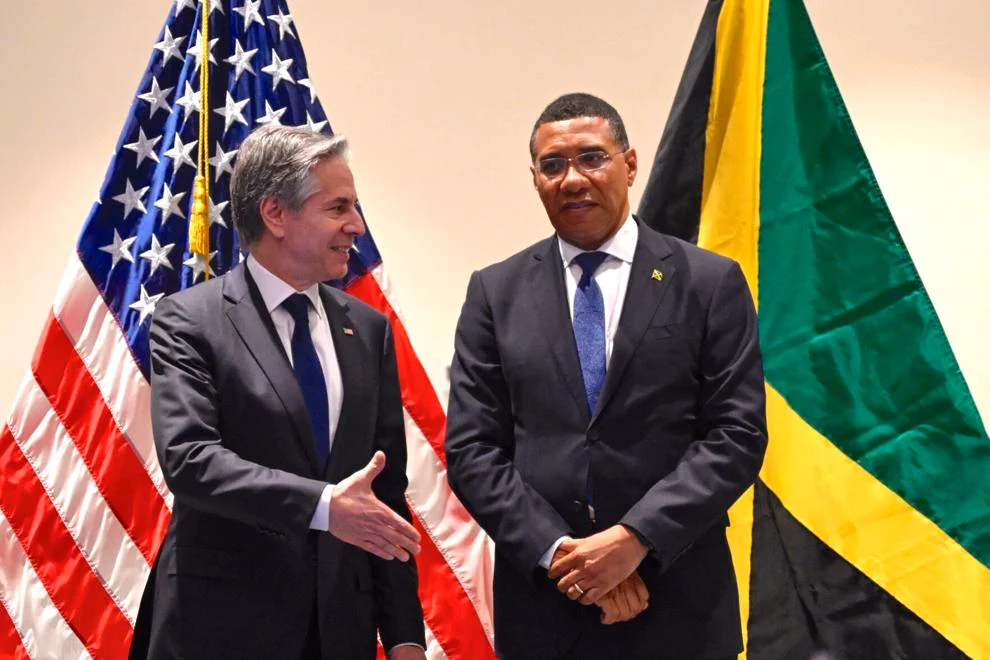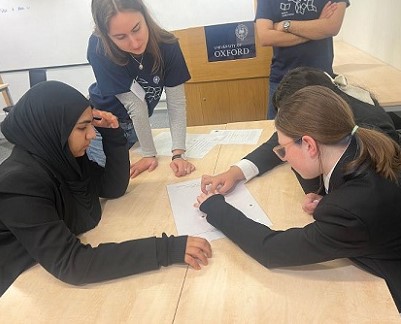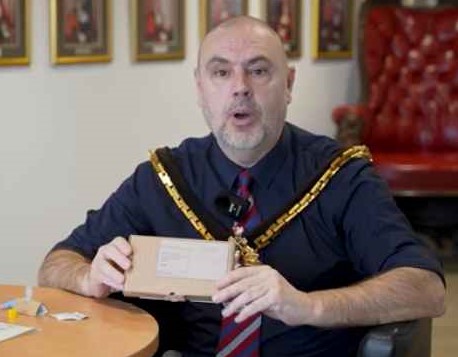Amid escalating instability in Haiti, Prime Minister Ariel Henry will resign and a transitional presidential council established to pave the way for a peaceful power transfer, CARICOM Chair and Guyanese President Mohamed Irfaan Ali announced late Monday night.
The update came after a day of high-level talks, with regional leaders assembling in Jamaica while gang leaders in Haiti demanded Henry’s resignation, promising more violence otherwise. “We are pleased to announce the commitment to a transitional governance arrangement, which paves the way for a peaceful transition of power, continuity of governance and action plan for near-term security and the road to free and fair elections,” Ali said during a press conference following the meeting.
“It further seeks to assure that Haiti will be governed by the rule of law.” Ali said the council, which will include seven voting members and two non-voting observers, will be responsible for naming an interim president.
The voting members are to include members of Haiti’s political parties and the private sector, and the non-voting members will be one member of civil society and one member of the interfaith community. Haiti has been overwhelmed with gang violence in recent years, but the situation quickly worsened in the past two weeks when Henry left the country to meet with Kenyan leaders to arrange the deployment of Kenyan forces as part of a United Nations (UN) international policing mission in Haiti.
The mission was arranged in an effort to quell the violence in Haiti, which has brought the country to its knees. But Henry has been practically barred from returning to Haiti, with the main airport closed after gangs targeted it.
Haiti has not had elections since 2016. And it has been marred by severe political, social and economic instability since the 2019 assassination of President Jovenel Moïse. At the time of his murder, he had been ruling Haiti by decree for more than a year and was facing mounting calls for his resignation.
Just days before he was killed, Moïse announced plans for Henry to become the nation’s next prime minister, tasking him with paving the way for elections to take place later that year. Henry was appointed prime minister in the weeks following the assassination, but his legitimacy has been constantly questioned, with his repeated failure to hold elections only deepening those concerns.
Just last week, CARICOM announced plans to help Haiti prepare for an election that would take place no later than August 2025. But those plans and hope for a solution quickly changed as gang leaders threatened war unless Henry resigned.
Ali said the new plan for a transitional government was formulated in consultation with a diverse group of Haitian stakeholders. However, he noted that it’s not a quick fix.
“We implore all parties, all stakeholders, all Haitians to be patient,” he said. “This process requires patience.”











